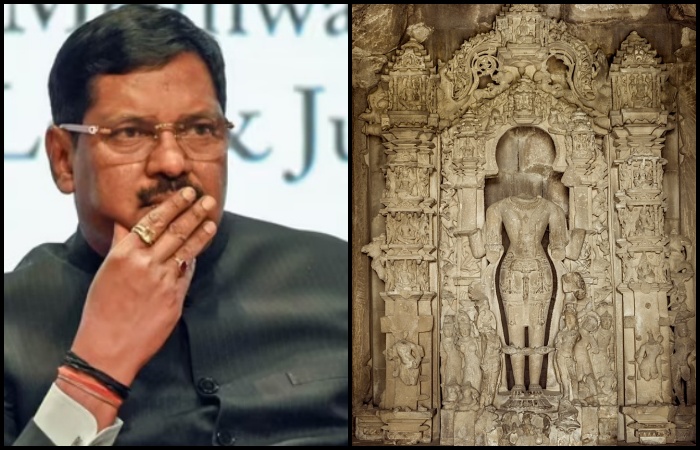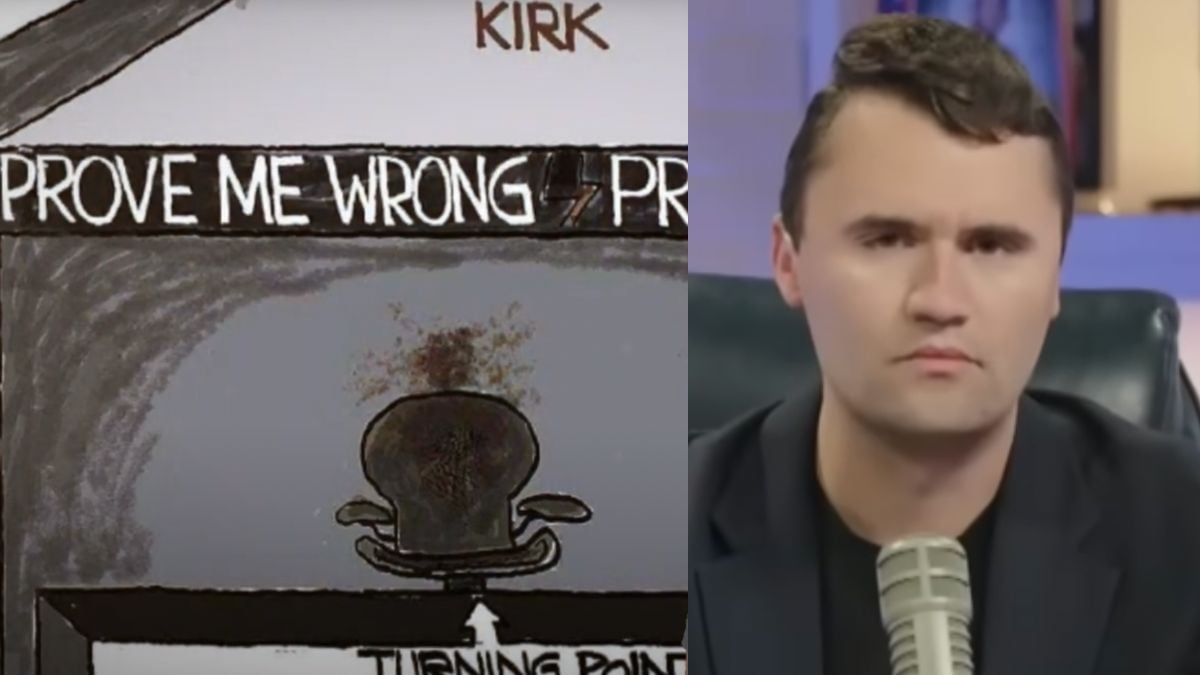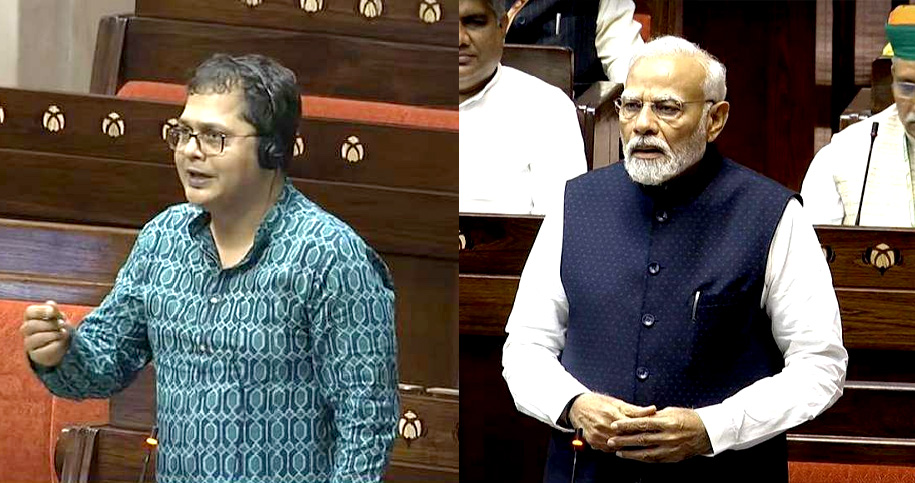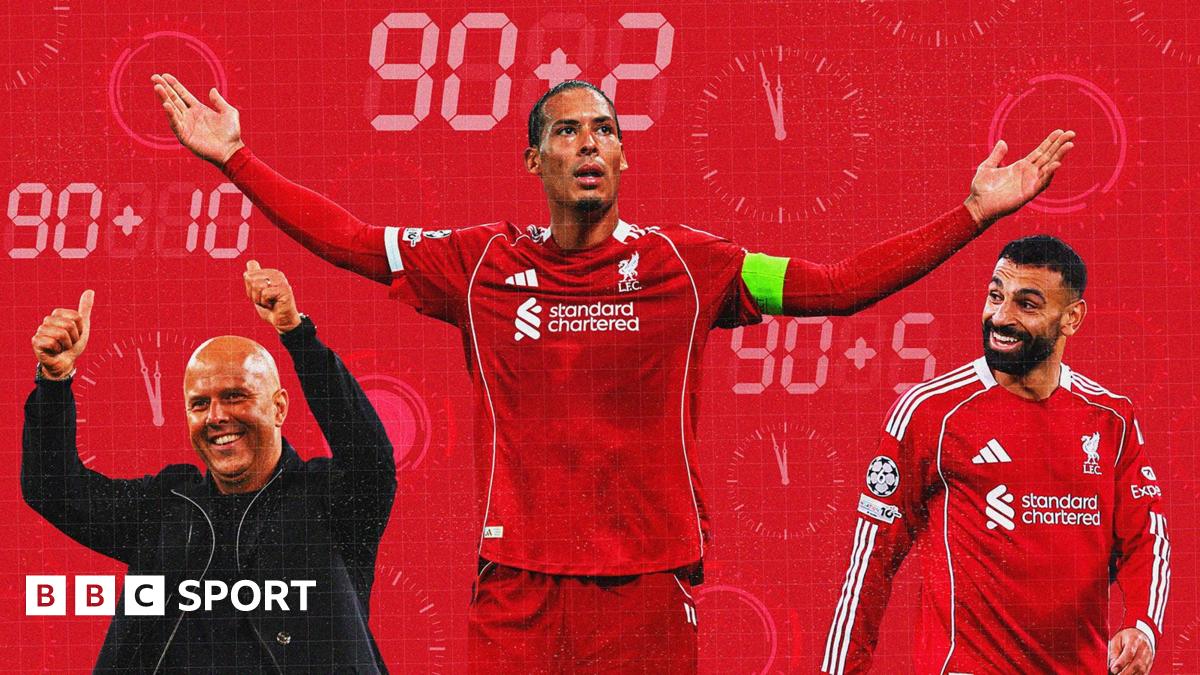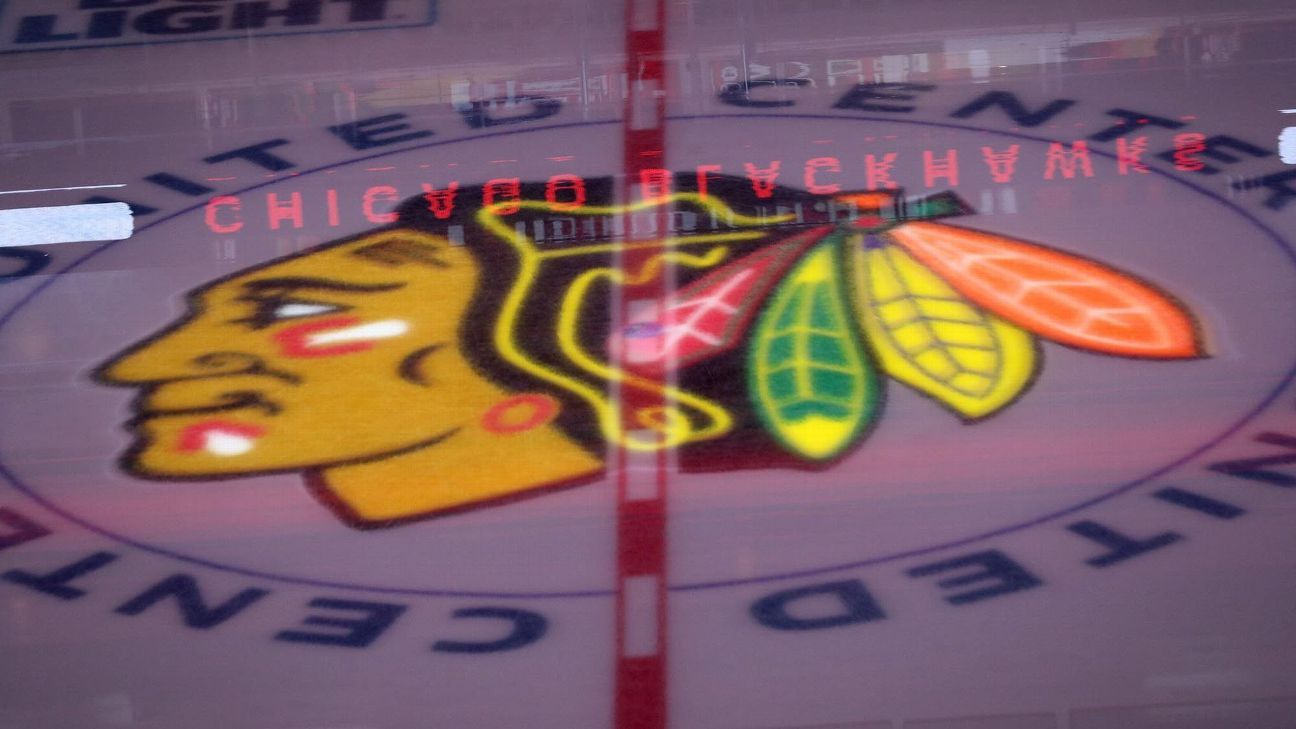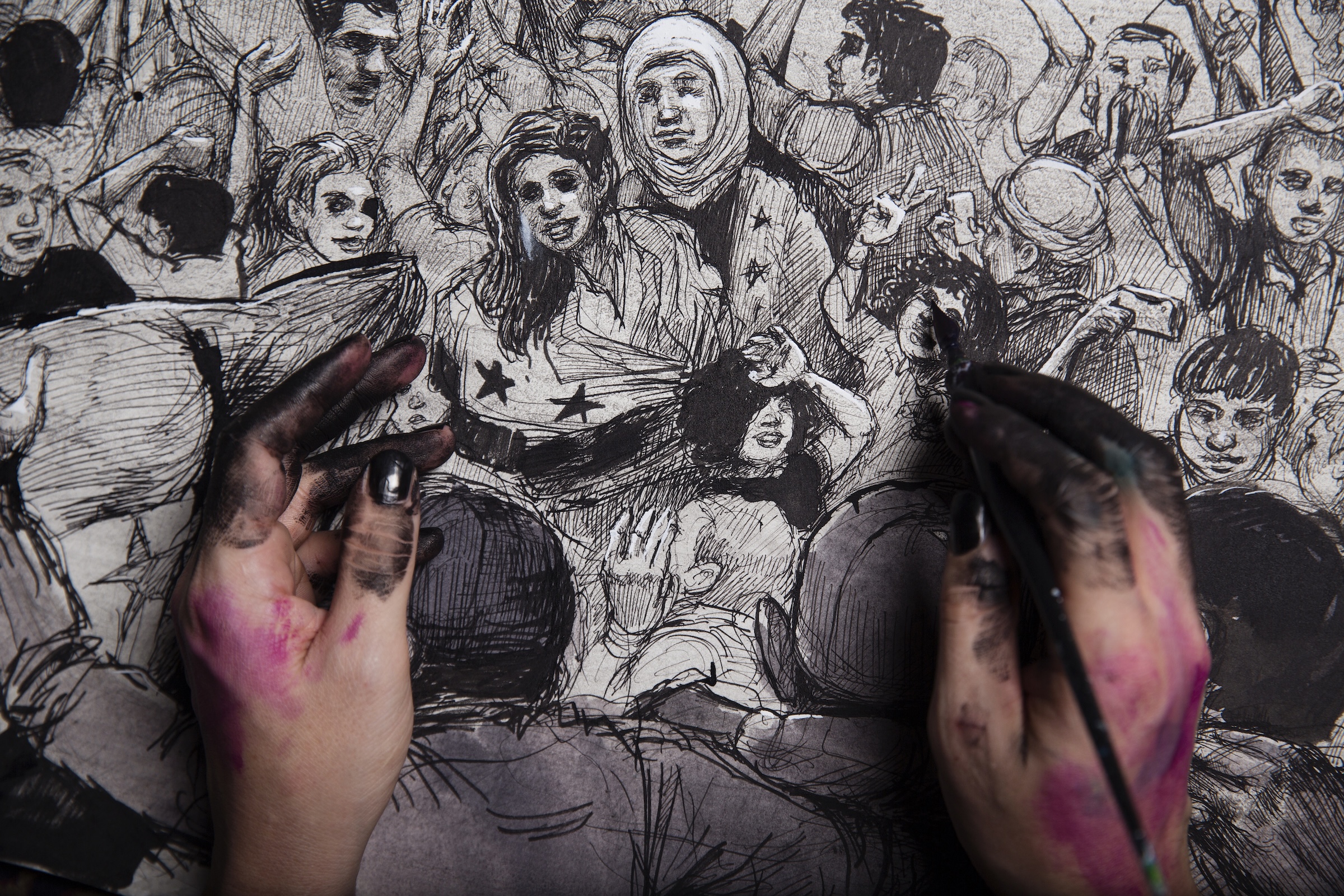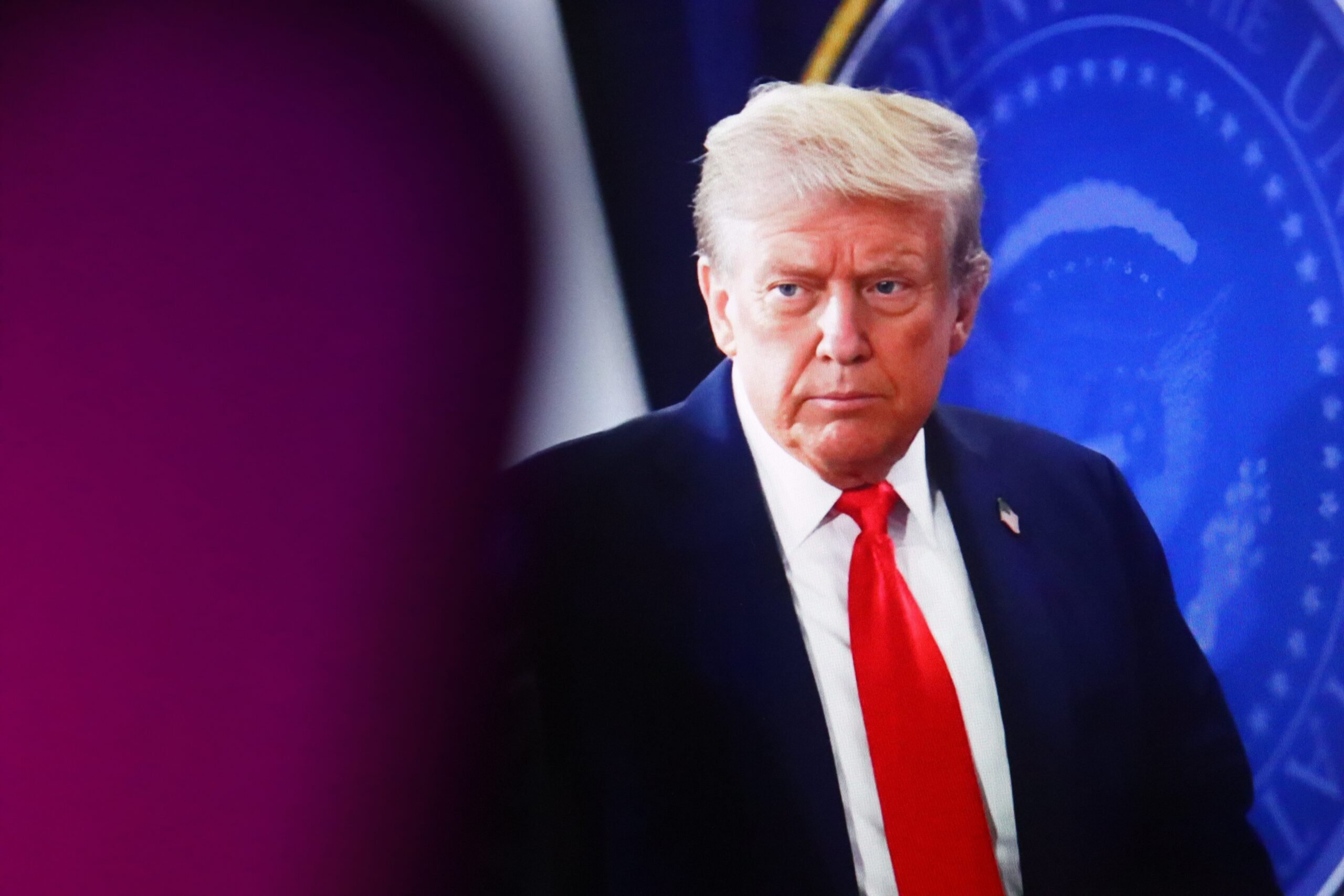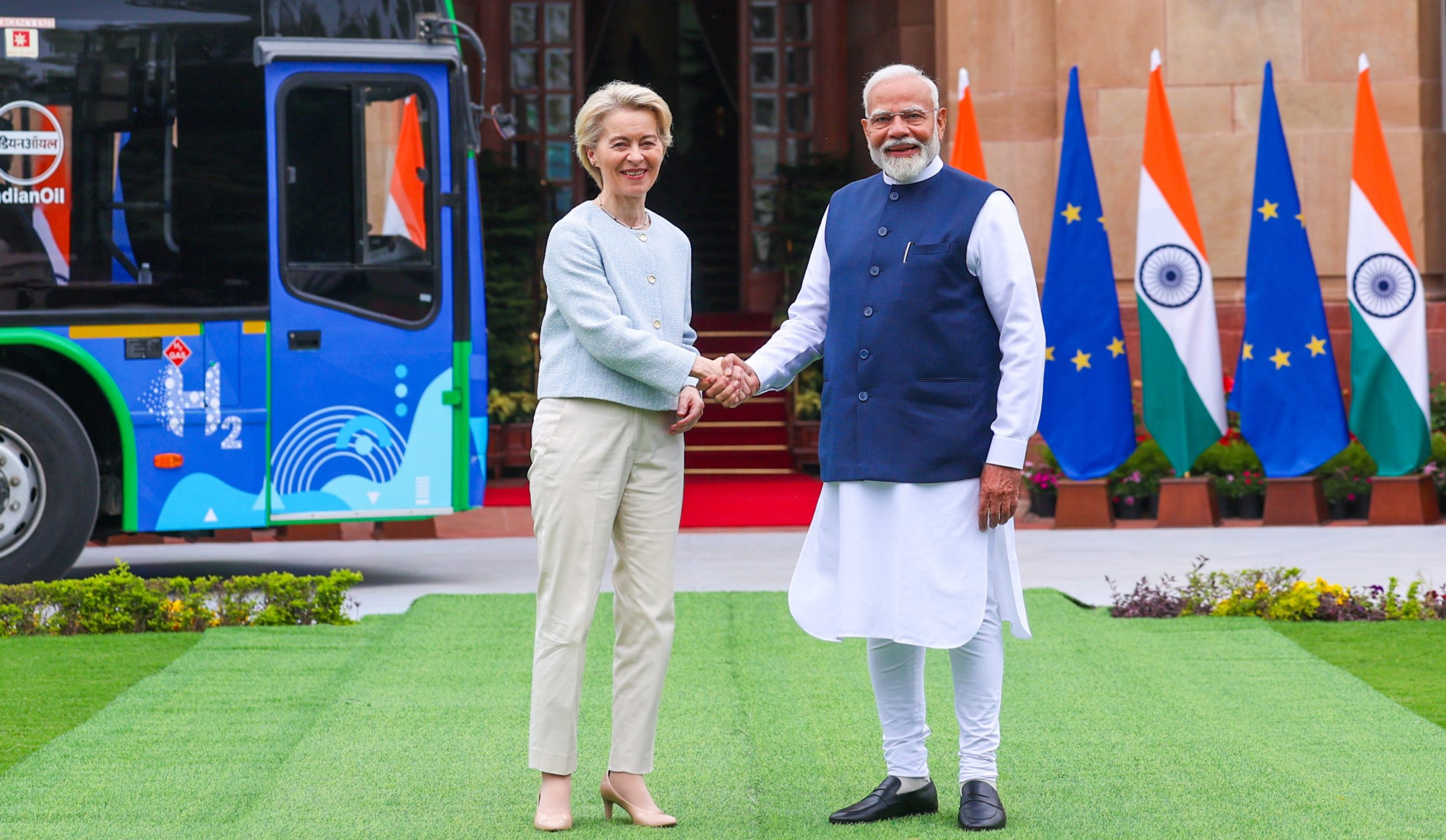Rahul Gandhi shrugs off responsibility while repeating ‘vote chori’ allegations against Election Commission: A political hit-and-run masquerading as democratic crusade
There is a saying in Indian politics: allegations are cheap, accountability is expensive. Few leaders embody this maxim better than Rahul Gandhi. Over the last few weeks, the Congress scion has turned “vote chori” into the latest slogan of his political survival, throwing around sensational charges of electoral fraud without offering an iota of proof, and when asked to back them up through proper channels, vanishing behind rhetoric. His September 18, 2025 press conference was the most recent installment in this soap opera and it neatly exposed what has become his standard operating procedure: shoot, scoot, and stir confusion. The September 18 press conference: When evasion became the message At the now-viral press meet, Rahul Gandhi thundered against the Election Commission of India (ECI) under Chief Election Commissioner Gyanesh Kumar, accusing it of facilitating systematic “vote chori.” He promised that in the coming months, a series of presentations would leave “no doubt” that elections had been rigged “state after state and Lok Sabha after Lok Sabha.” But when a reporter asked him the most obvious question would he approach the courts to ensure his allegations are tested and addressed? Gandhi’s mask slipped. His answer was revealing: “Frankly, what I am doing here is not my job. My work is to participate in a democratic process, the task of protecting India’s democracy is that of the country’s institutions. But because they are not doing it, I am having to.” #WATCH | Delhi: On being asked if he will approach the Court or any higher agency, Lok Sabha LoP and Congress MP Rahul Gandhi says, "Frankly, what I am doing here is not my work. My work is to participate in the democratic system. My work is not to protect the democratic system.… pic.twitter.com/aTEpraRJry— ANI (@ANI) September 18, 2025 When asked point-blank if he would approach the courts should the EC fail to respond, Gandhi once again deflected, saying it was not his role to “save democracy.” Instead, he described his responsibility as that of an opposition leader to present “the truth” before citizens. “I was taken aback when people from within the Election Commission came forward with information,” he claimed. “This has apparently been happening for 10 to 15 years. India’s democracy has been hijacked.” He concluded by insisting that only ordinary citizens can ultimately defend democracy. “Rahul Gandhi can only present the truth. It is the people of India who will save democracy, nobody else,” he said. This is not just evasion; it is abdication. For someone who claims to be defending democracy, Gandhi is remarkably unwilling to engage with the very institutions designed to safeguard it. Instead, he prefers to play to the gallery, make wild allegations, and retreat from the responsibility that legal action would demand. The moment was made even more symbolic when he literally stepped away from the microphone, a physical retreat that mirrored his political retreat from accountability. Inside help or inside bluff? What raised further eyebrows was Gandhi’s claim that “help” was now coming from within the Election Commission itself. “We started getting help from within the election commission. This was not happening before. We are getting information from within the election commission. This won’t stop. People of India will not accept this (vote chori).” If this were true, Gandhi should have no hesitation in taking this “inside information” to court. After all, insider leaks are serious business, they can make or break a case. But instead of presenting them as evidence, Gandhi dangles them before the public like a teaser trailer, promising dramatic revelations in a few months. This is not the language of reform or justice. It is the language of propaganda, where the goal is not resolution but perpetual suspicion. ECI debunks Rahul Gandhi’s voter deletion claims Hours after Rahul Gandhi accused the Election Commission of ‘software driven voter deletion’ and ‘vote chori’ to benefit BJP, the poll panel has rejected his claims. The ECI clarified that contrary to the claims by the Congress leader, nobody can delete any vote online. The ECI stated, “No Deletion of any vote can be done online by any member of the public, as misconceived by Shri Rahul Gandhi.” Referring to Rahul Gandhi’s claim that some persons deleted votes online, the Election Commission said that in 2023, certain unsuccessful attempts were made for deletion of electors in Aland Assembly Constituency and an FIR was filed by the authority of ECI itself to investigate the matter. The August affidavit episode: How Rahul chickened out If anyone thought the September 18 episode was a one-off, they need only look back a month earlier. On August 7, Rahul Gandhi had made similar allegations in another press conference, accusing the ECI of “choreographing” the 2024 Lok Sabha elections and alleging voter fraud in Karnataka and Maharashtr
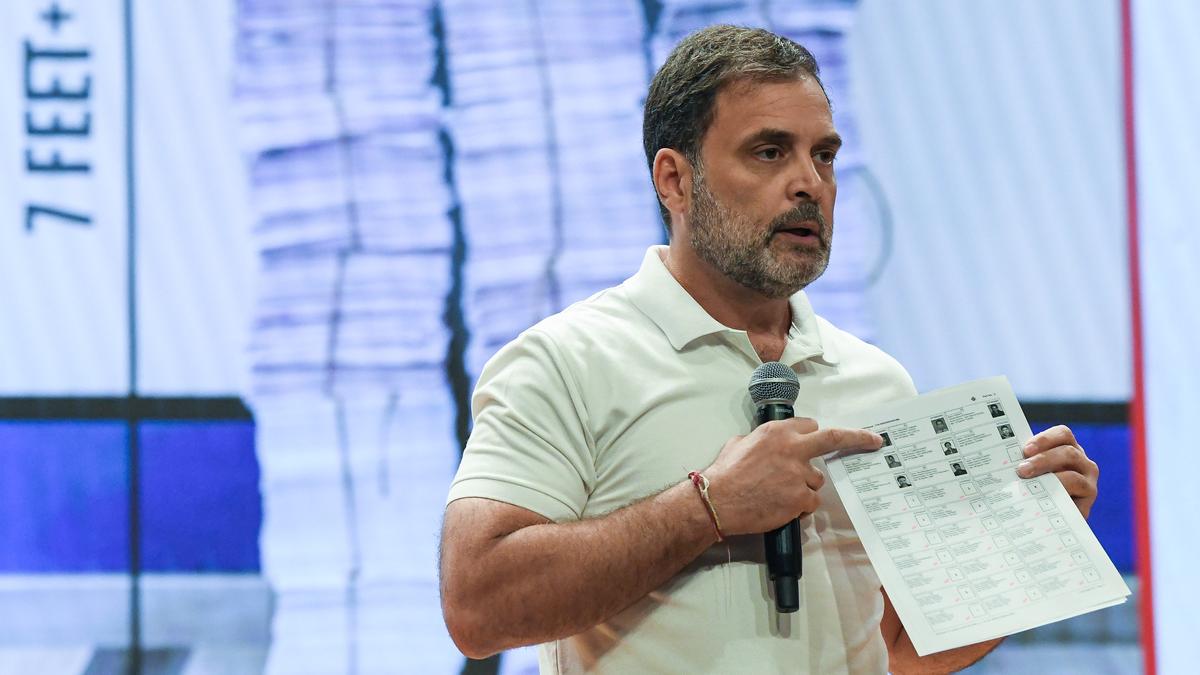


There is a saying in Indian politics: allegations are cheap, accountability is expensive. Few leaders embody this maxim better than Rahul Gandhi. Over the last few weeks, the Congress scion has turned “vote chori” into the latest slogan of his political survival, throwing around sensational charges of electoral fraud without offering an iota of proof, and when asked to back them up through proper channels, vanishing behind rhetoric.
His September 18, 2025 press conference was the most recent installment in this soap opera and it neatly exposed what has become his standard operating procedure: shoot, scoot, and stir confusion.
The September 18 press conference: When evasion became the message
At the now-viral press meet, Rahul Gandhi thundered against the Election Commission of India (ECI) under Chief Election Commissioner Gyanesh Kumar, accusing it of facilitating systematic “vote chori.” He promised that in the coming months, a series of presentations would leave “no doubt” that elections had been rigged “state after state and Lok Sabha after Lok Sabha.”
But when a reporter asked him the most obvious question would he approach the courts to ensure his allegations are tested and addressed? Gandhi’s mask slipped. His answer was revealing:
“Frankly, what I am doing here is not my job. My work is to participate in a democratic process, the task of protecting India’s democracy is that of the country’s institutions. But because they are not doing it, I am having to.”
#WATCH | Delhi: On being asked if he will approach the Court or any higher agency, Lok Sabha LoP and Congress MP Rahul Gandhi says, "Frankly, what I am doing here is not my work. My work is to participate in the democratic system. My work is not to protect the democratic system.… pic.twitter.com/aTEpraRJry
— ANI (@ANI) September 18, 2025
When asked point-blank if he would approach the courts should the EC fail to respond, Gandhi once again deflected, saying it was not his role to “save democracy.” Instead, he described his responsibility as that of an opposition leader to present “the truth” before citizens.
“I was taken aback when people from within the Election Commission came forward with information,” he claimed. “This has apparently been happening for 10 to 15 years. India’s democracy has been hijacked.”
He concluded by insisting that only ordinary citizens can ultimately defend democracy. “Rahul Gandhi can only present the truth. It is the people of India who will save democracy, nobody else,” he said.
This is not just evasion; it is abdication. For someone who claims to be defending democracy, Gandhi is remarkably unwilling to engage with the very institutions designed to safeguard it. Instead, he prefers to play to the gallery, make wild allegations, and retreat from the responsibility that legal action would demand. The moment was made even more symbolic when he literally stepped away from the microphone, a physical retreat that mirrored his political retreat from accountability.
Inside help or inside bluff?
What raised further eyebrows was Gandhi’s claim that “help” was now coming from within the Election Commission itself.
“We started getting help from within the election commission. This was not happening before. We are getting information from within the election commission. This won’t stop. People of India will not accept this (vote chori).”
If this were true, Gandhi should have no hesitation in taking this “inside information” to court. After all, insider leaks are serious business, they can make or break a case. But instead of presenting them as evidence, Gandhi dangles them before the public like a teaser trailer, promising dramatic revelations in a few months. This is not the language of reform or justice. It is the language of propaganda, where the goal is not resolution but perpetual suspicion.
ECI debunks Rahul Gandhi’s voter deletion claims
Hours after Rahul Gandhi accused the Election Commission of ‘software driven voter deletion’ and ‘vote chori’ to benefit BJP, the poll panel has rejected his claims. The ECI clarified that contrary to the claims by the Congress leader, nobody can delete any vote online.
The ECI stated, “No Deletion of any vote can be done online by any member of the public, as misconceived by Shri Rahul Gandhi.”
Referring to Rahul Gandhi’s claim that some persons deleted votes online, the Election Commission said that in 2023, certain unsuccessful attempts were made for deletion of electors in Aland Assembly Constituency and an FIR was filed by the authority of ECI itself to investigate the matter.
The August affidavit episode: How Rahul chickened out
If anyone thought the September 18 episode was a one-off, they need only look back a month earlier. On August 7, Rahul Gandhi had made similar allegations in another press conference, accusing the ECI of “choreographing” the 2024 Lok Sabha elections and alleging voter fraud in Karnataka and Maharashtra.
The Election Commission, to its credit, did not brush these charges under the carpet. Instead, it issued a strong rebuttal and directly challenged Gandhi to either present his claims in the form of a sworn affidavit or apologise to the nation for misleading remarks. Chief Election Commissioner Gyanesh Kumar’s ultimatum was blunt:
“Halafnama dena hoga ya desh se maafi maangni hogi, koi teesra vikalp nahi hai. (Either submit an affidavit or apologise to the nation, there is no third option).”
The deadline expired on August 25. Rahul Gandhi did neither. He produced no affidavit. He offered no apology. Instead, he chickened out and resorted to his favorite tactic: rhetorical gymnastics. He claimed that since he had taken an oath on the Constitution as an MP, his word to the people was as good as a sworn affidavit. In other words, trust him because… he said so.
This was not just laughable; it was insulting. India’s electoral laws exist precisely to ensure that leaders cannot get away with baseless allegations. By refusing to comply, Gandhi sent a clear signal: he is not interested in substantiating his charges, only in weaponising them for political mileage.
Bihar yatra and the manufactured victims
The problem with Gandhi’s “vote chori” campaign is not just his personal evasions. It is also the way his party and allies have turned it into a propaganda vehicle. Take the Mahagathbandhan’s “Voter Adhikar Yatra” in Bihar, where Gandhi paraded supposed victims of voter disenfranchisement.
In Nawada, he introduced a man named Subodh Kumar, claiming his name had been wrongfully deleted from the rolls. The Election Commission promptly fact-checked him: Subodh was an RJD booth-level agent whose name had never been on the rolls in the first place. In Aurangabad, Gandhi claimed a woman named Ranju Devi had been struck off. She later admitted her name was still there and that she had been misled into participating in the stunt.
Even more farcical was his claim that one Aditya Srivastava was voting in three states simultaneously. The man himself went public to clarify: he had simply updated his voter ID each time he moved for work — from Lucknow to Mumbai to Bengaluru. Everything was in order, and the Election Commission confirmed it.
Each of these incidents revealed the same strategy: throw mud at the ECI, find pliable “victims,” and hope something sticks. When exposed, move on to the next allegation.
A script of confusion, not reform
Seen together, these episodes outline a clear script that Rahul Gandhi and his I.N.D.I. Alliance have embraced. The pattern begins with unverified allegations, escalates into high-pitched rhetoric, avoids institutional remedies, and finally collapses into victimhood when challenged. Then the cycle repeats, often with fresh conspiracy theories.
What makes this strategy particularly dangerous is that it is not aimed at reforming institutions or rectifying flaws. It is aimed at corroding public trust. By constantly alleging fraud without proof, Gandhi seeks to create a perception that Indian democracy itself is broken. In this narrative, every defeat for the Congress becomes illegitimate, every victory for the BJP becomes suspect, and every institution becomes complicit.
This is not the behavior of a democrat. It is the behavior of a political arsonist, willing to set fire to the credibility of institutions in order to remain politically relevant.
The hypocrisy of selective outrage: Why isn’t Congress asking its 99 MPs to resign?
The hypocrisy in Gandhi’s campaign is hard to miss. If the electoral process is indeed as compromised as he claims, why has he not asked his party’s 99 MPs to resign? After all, they were elected through the same system he calls fraudulent. By continuing to sit in Parliament, the Congress tacitly accepts the very process it denounces in press conferences.
In fact, this pattern of selectively outraging also extends to state elections where BJP victory is often dubbed as an inevitable outcome of “rigged EVMs” and “compromised procedure” while electoral triumph of opposition parties are hailed as “people’s mandate against fascism.” This hypocrisy in itself is quite instructive of the intellectual dishonesty embodied by Mr Gandhi and the Congress ecosystem.
This selective outrage reveals the hollowness of the allegations. The system is fraudulent only when Gandhi loses. When Congress wins, it is perfectly legitimate. It is a double standard so brazen that it undermines whatever little credibility his charges might otherwise have carried.
Institutional sabotage in the name of “protecting democracy”
To be clear, India’s electoral system is not flawless. No democracy’s is. Errors in rolls happen, procedural disputes arise, and parties have the right to contest them. But democracies also provide remedies: election petitions, affidavits, judicial review. By refusing to use these remedies, Gandhi shows that his intent is not to fix problems but to exploit them.
The Election Commission has repeatedly pointed out that Gandhi has filed no formal complaints, provided no lists of fake voters, and lodged no petitions in the high courts — despite being fully empowered to do so. Instead, he opts for theatrics at press conferences and yatras, leaving institutions to clean up after his rhetoric.
As CEC Gyanesh Kumar bluntly asked: “What else is this if not an insult to the Constitution of India?”
The larger goal: Sowing destabilisation to remain politically relevant
Ultimately, Rahul Gandhi’s “vote chori” crusade is less about defending democracy and more about defending his own political relevance. After back-to-back electoral losses, Congress has discovered that it cannot inspire trust through vision or performance. Its new strategy, therefore, is to foster distrust to convince voters that the system itself is broken, so their defeats are not their fault.
It is a dangerous game. In trying to delegitimise the BJP, Gandhi risks delegitimising democracy itself. His “shoot-and-scoot” tactics amount to institutional sabotage, where confusion is currency and accountability is expendable.
Democracy cannot be held hostage to theatrics
Rahul Gandhi likes to cast himself as the last defender of democracy. In reality, his conduct suggests the opposite. A true defender would take allegations to court, present affidavits, and strengthen institutions through accountability. Gandhi, by contrast, prefers to bypass these channels, opting instead for street-level rhetoric and viral soundbites.
His September 18 evasion was not a gaffe; it was a strategy. His August affidavit dodge was not an oversight; it was a habit. His Bihar yatra lies were not mistakes; they were tools. Each incident fits into a broader pattern: a political hit-and-run campaign that undermines institutions to keep him electorally alive.
India’s democracy is strong enough to withstand Rahul Gandhi’s antics. But the danger lies in normalising his tactics. If leaders believe they can keep crying fraud without ever proving it, the very credibility of elections is corroded. And that, more than any BJP victory or Congress defeat, would be the real “vote chori.”
For now, Gandhi’s “hydrogen bomb” of allegations looks less like a weapon of truth and more like a damp squib, remembered only for its theatrics, not its substance. But in the process, he has once again shown that when it comes to protecting democracy, he is less a crusader and more a saboteur.





